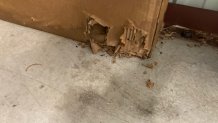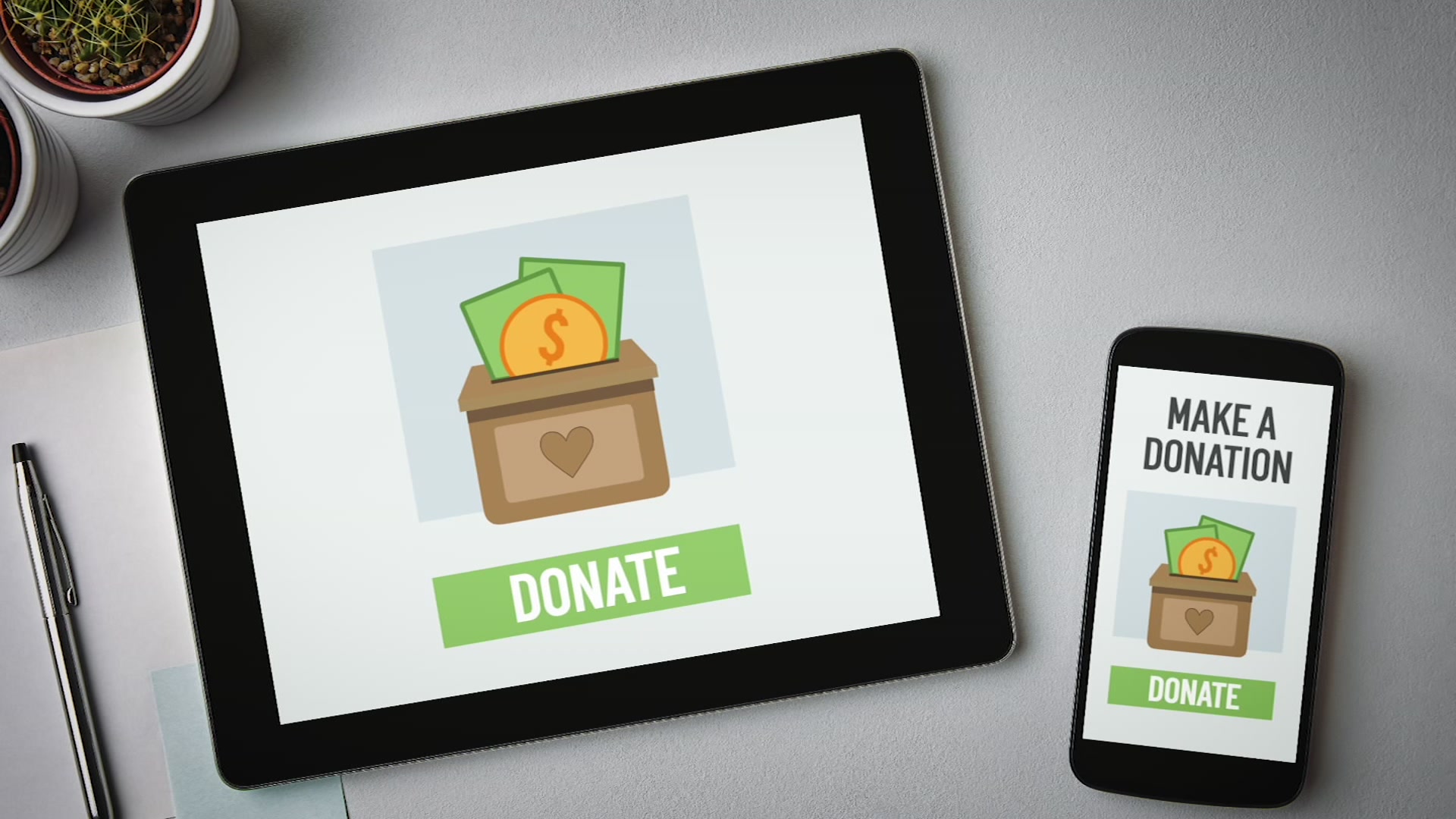A North Texas consumer reached out to NBC 5 Responds after she said rodents destroyed furniture and personal belongings inside her storage unit.
If this happens to you, who’s responsible for the damage? Read on for answers and what you need to know before you rent.
“I JUST WANTED SOMEBODY TO ACKNOWLEDGE WHAT HAPPENED”
The smell was the first thing Carol Morelan said she noticed when she went to move out of her storage unit last August.
Get top local stories in DFW delivered to you every morning. Sign up for NBC DFW's News Headlines newsletter.
“Not normal, just bad,” Morelan said. “One of my sons grabbed a large box. He just wanted to start hauling stuff. It was covered in [what] looked like urine and feces.”
Moreland snapped photos of boxes with chew marks, small pellets and liquid. She said she reported it, in person, to an employee at the Public Storage on South Cooper Street near Green Oaks Boulevard in Arlington where she rented her unit.

“I just wanted somebody to acknowledge what had happened, take some responsibility for it and help me get my items sanitized where I can take them home,” Morelan said.
She went back for items she said she could clean herself and left behind upholstered furniture, a Christmas tree, and decorations. Morelan said she stopped paying rent on what she couldn’t clean on her own.
“I got a notification that my rent was due,” said Morelan. “I called back and said, I'm not paying for that shed and I need somebody to contact me.”
She said a manager called once and said they’d see what they could do, but Morelan said there was no follow-up call after that.
STORE AT YOUR OWN RISK
Public Storage sent notices of a lien. Four months later, the storage unit sold at auction for $10, which was applied to Morelan's $800 balance.
“If required noticing procedures that are set out by statute are followed, then the storage company does have the right to sell them at auction,” said Clayton Hodges, leader of the consumer practice team at Legal Aid of Northwest Texas.
Hodges explained the renter is often responsible for damage in a storage unit.
“Most contracts have lots of exclusions as to the type of damage that they will consider themselves liable for,” explained Hodges.
Morelan’s rental agreement said renters store at their own risk.
STEPS TO TAKE IF YOU FIND DAMAGE
If you find damage, Hodges said there are some steps you could take. Consumers should notify the storage unit and follow up in writing by certified mail and include photos with the letter.
If there’s a health or safety concern, let local code enforcement know.
“If there's nothing that can help you in the contract, sometimes being a squeaky wheel can get you some redress," Hodges said.
NBC 5 Responds
Hodges also recommended getting insurance. In fact, Morelan’s rental agreement said insurance is required to store anything.
You can buy coverage through your homeowners or renters insurance policy, but the policy must specify if it covers pests. Some may limit coverage.
The brochure for Public Storage’s in-house insurance company said it covers vermin damage – up to $250 minus a $100 deductible.
Morelan said she had coverage on her storage unit through her homeowner's insurance, but learned it excluded animal damage.
READ RENTAL AND INSURANCE CONTRACTS CLOSELY
NBC 5 Responds reached out to Public Storage, by phone, email and social media direct messages. We stopped by the location Morelan used in person. A manager told us they couldn’t comment.
Morelan said she wanted consumers to read their rental and insurance agreements closely before packing things away.
“I imagine if I ever use another storage shed, I will check on it more frequently,” said Morelan.
Also, ask about pest control practices and take precautions in your own unit too.
Another good idea: take a detailed inventory of your property and keep it updated. You can use your phone to take a video, much like you would for a home inventory. Pay special attention to serial numbers.
NBC 5 Responds is committed to researching your concerns and recovering your money. Our goal is to get you answers and, if possible, solutions and a resolution. Call us at 844-5RESPND (844-573-7763) or fill out our customer complaint form.
Get top local stories in DFW delivered to you every morning. Sign up for NBC DFW's News Headlines newsletter.



